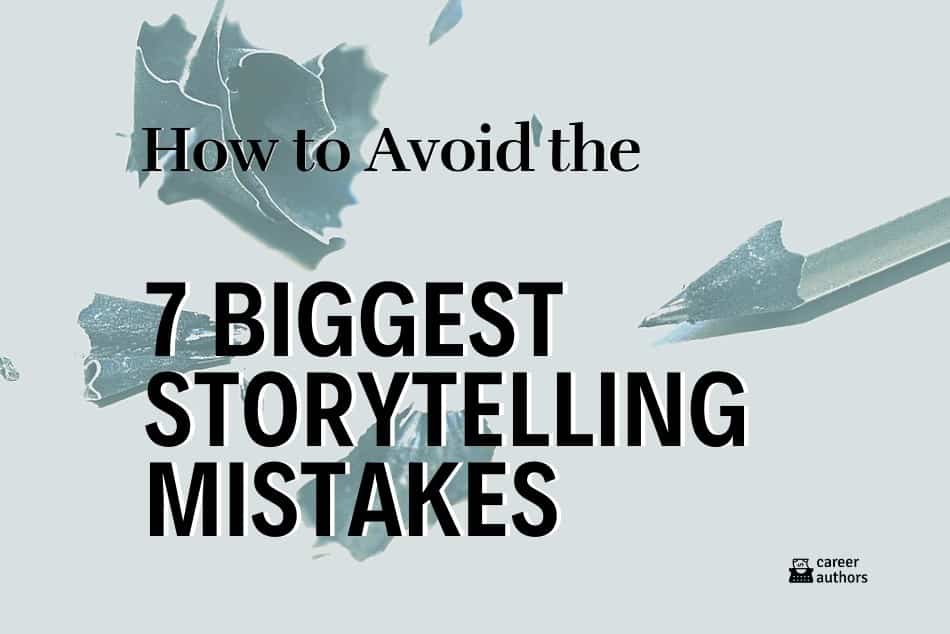1. The bait has to taste good to the fish, not the fisherman
The biggest mistake that writers make is that they are telling the wrong stories. Too often, I see my clients (aspiring writers) tell stories that they think are important, but they really aren’t. In other words, they tell stories that are important to them, but these stories really aren’t applicable to their readers. So, tell stories that your readers want to hear – stories that directly affect their lives or aspirational stories about the lives they wished they were living. Either way, they must be stories that they want to read!
2. Your target reader listens to only one radio station—WIIFM (What’s in it for me?)
This is essentially a variation of number one above. Too often we focus on what we want to say, instead of what your target reader wants and need to know. So, every time you create a new story or book or script, before you share it, ask yourself does this help your reader in some way – entertain them or intrigue them or educate them, or hopefully, all of the above.
3. It’s your job to make the worst thing possible happen to your main character
I work with a lot of writers every year who hire me as a consultant and here’s what I see over and over again. They are too nice.
In other words, they need to be crueler when it comes to their characters and their situations in their stories. My clients always tend to make life too easy for their heroes instead of making their existence more difficult. So, be a nice person in real life, but when you are writing, be a sadist in terms of what you do to your character as he or she valiantly attempts to achieve their goal!
4. It’s impossible to find the heart of something if it’s too big
Too often, we try to appeal to everybody and end up appealing to nobody. Nobody gets in a car and just drives around; we get in a car to go somewhere specific. Focus as specifically as possible on one target and own that market and then you can always build from there.
5. Avoid bland narratives and instead tell compelling stories
A narrative is any string of events placed together, but stories are narratives that have emotional content. Always remember to include dramatic, emotional content in your story since that is what people will remember and what will engage them. We are emotional creatures, not data-based fact collectors.
6. Create a constructive support group to foster your growth as a writer
No one starts out as a master storyteller. It takes time to develop your craft. Malcolm Gladwell’s 10,000 hours till mastery applies here. Realize it takes a long time. See the big picture and then find coaches or teachers or consultants or a writing group or like-minded individuals (Who are not your loved ones or family), to be your beta readers and give you the feedback you need to grow.
7. Enjoy the act of writing
You can’t control if your book will be a bestseller or not, but you can control your story and your language and your rewrites, and ultimately, when you release your book into the world. So, focus on that which you can control and most importantly, take pleasure in the act of putting together a beautiful sentence and take joy in constructing a great scene and revel in the process and you will be happy no matter what happens to your book!
 Richard Krevolin is an award-winning screenwriter, author, playwright, and professor. A graduate of Yale University, Richard went on to earn a masters degree in screenwriting at UCLA’s School of Cinema-Television, and a master’s degree in playwriting and fiction from USC. He regularly works as a story consultant, script doctor and brand narrative coach.
Richard Krevolin is an award-winning screenwriter, author, playwright, and professor. A graduate of Yale University, Richard went on to earn a masters degree in screenwriting at UCLA’s School of Cinema-Television, and a master’s degree in playwriting and fiction from USC. He regularly works as a story consultant, script doctor and brand narrative coach.





